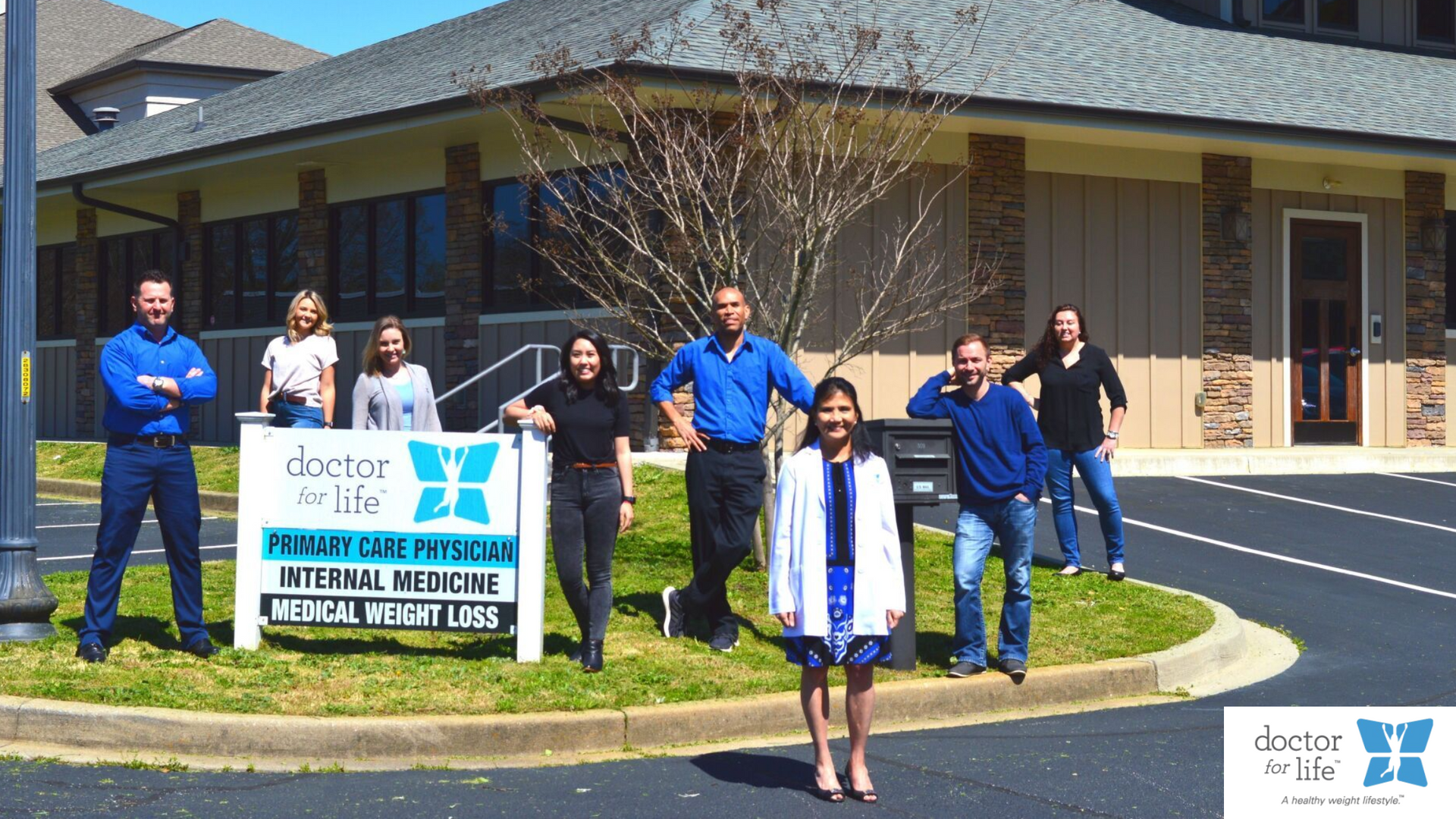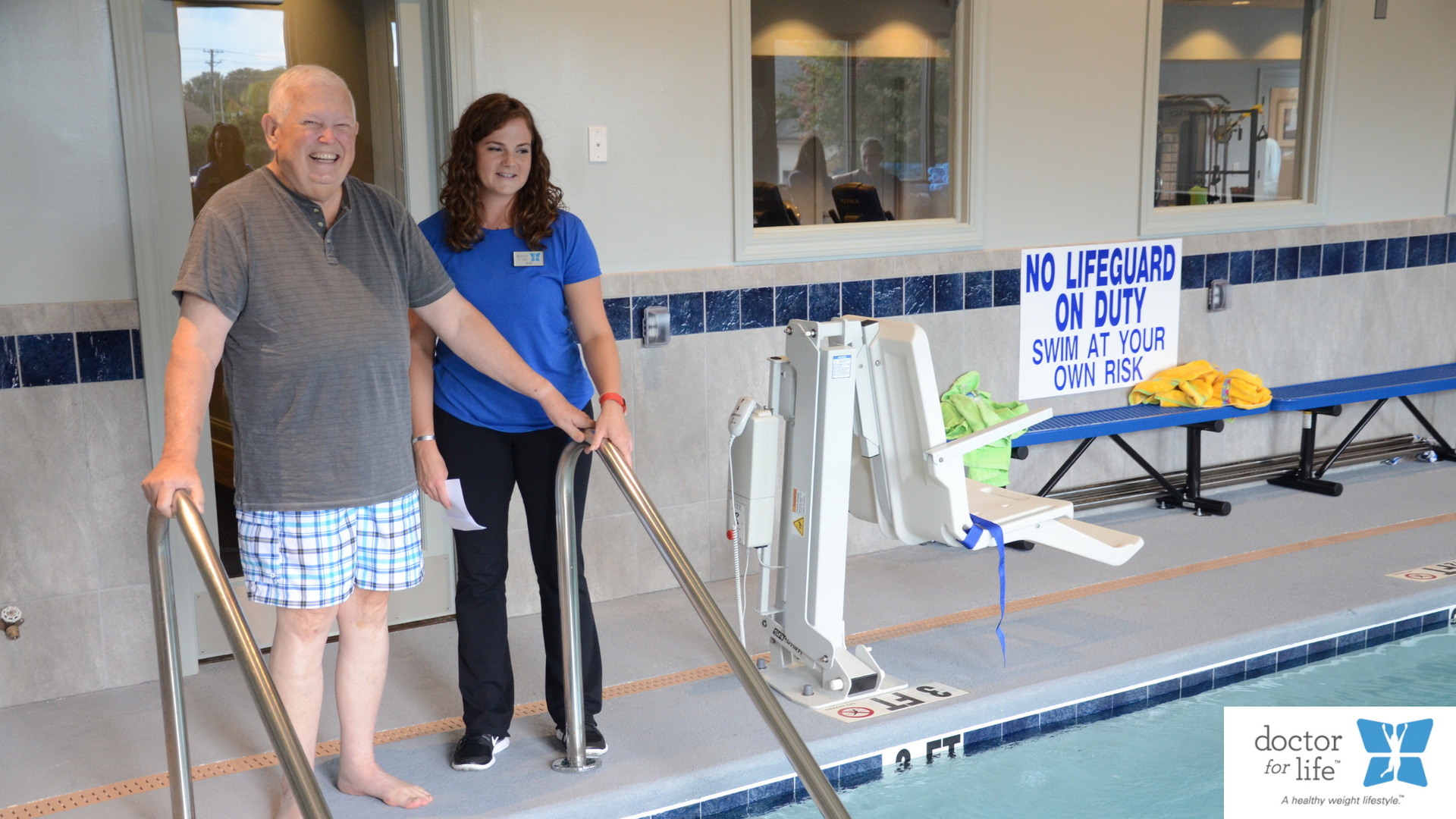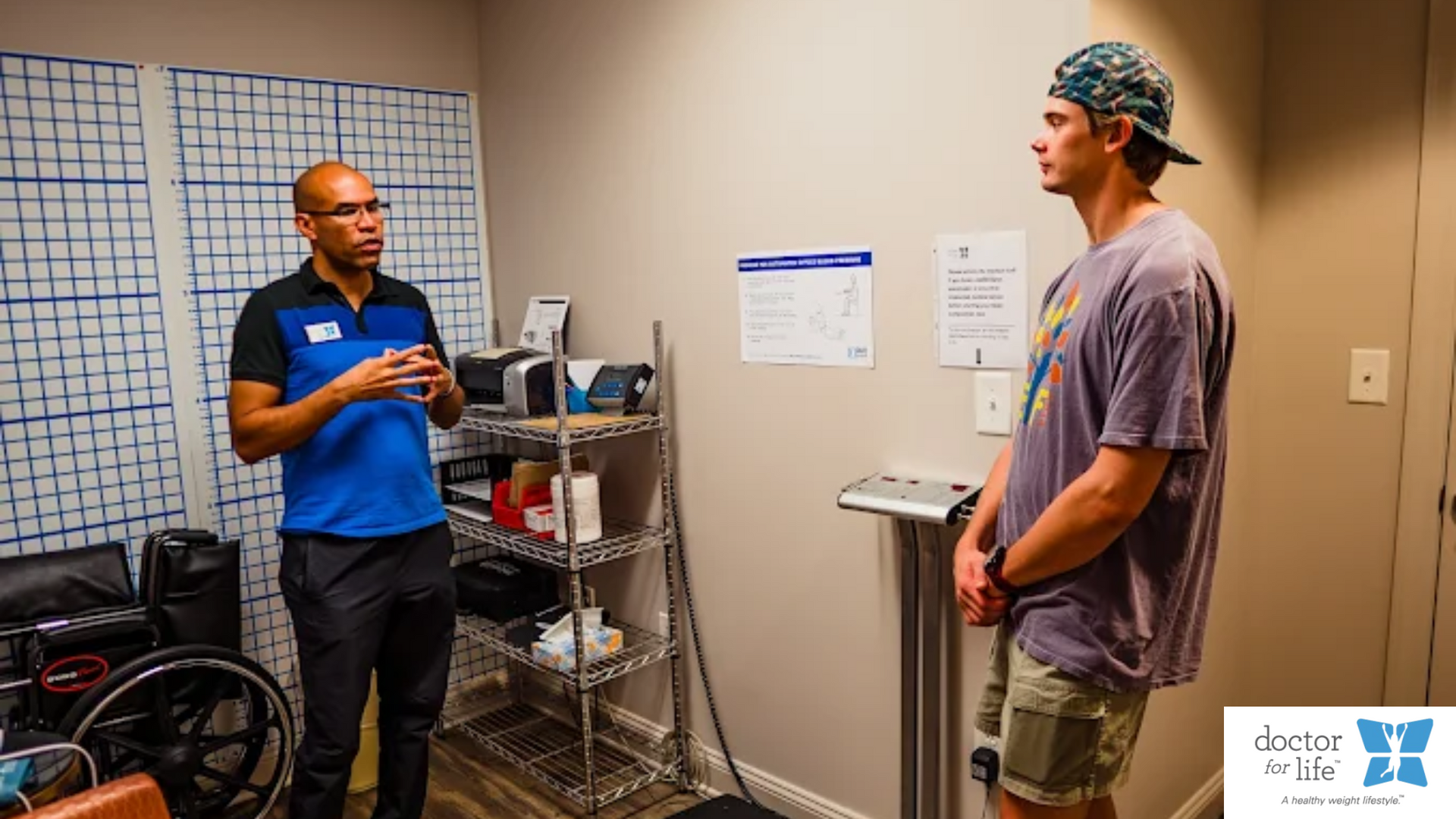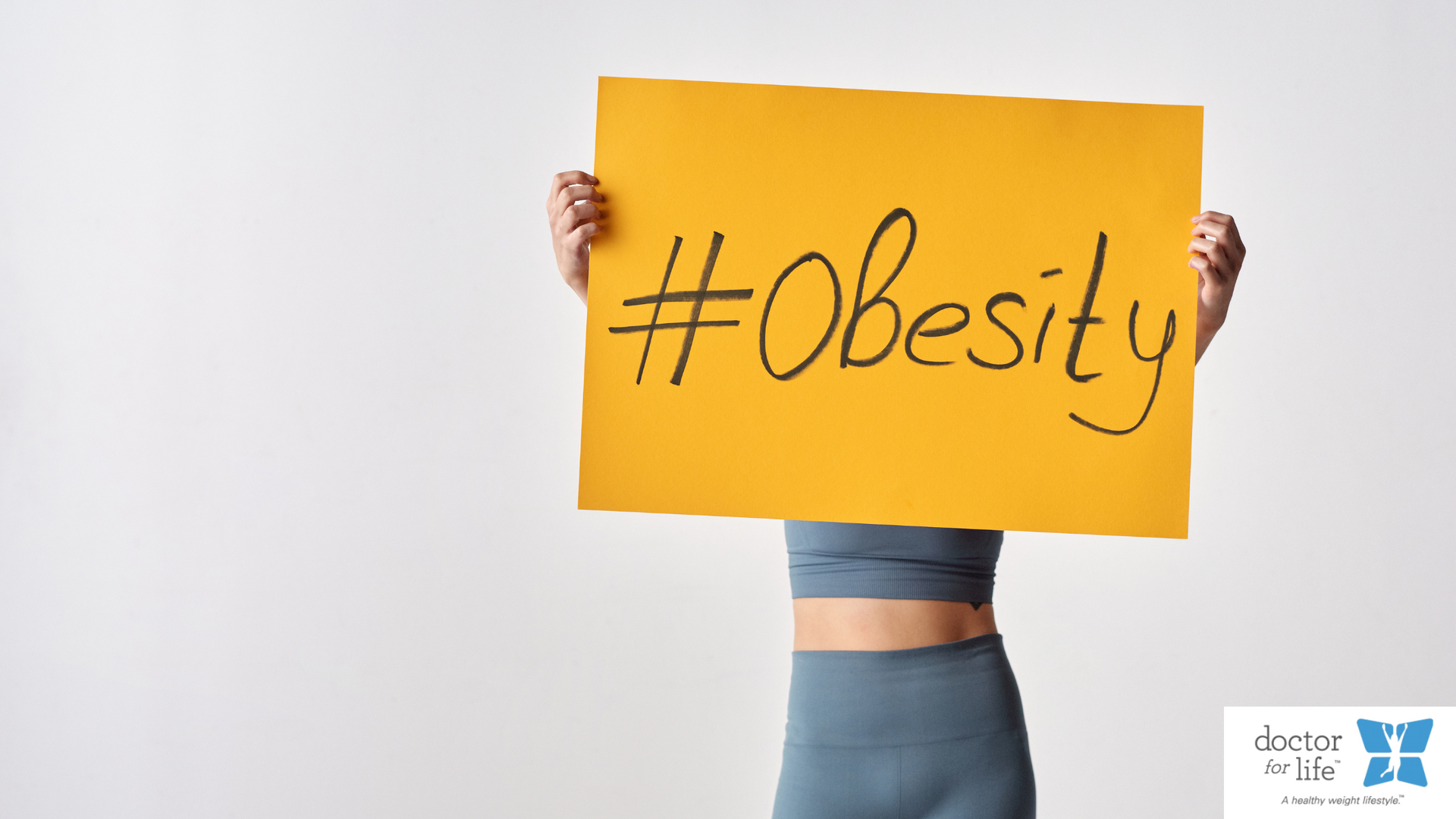Independence Day America- Freedom is not Free | Doctorforlife
Independence Day America- Freedom is not Free | Doctorforlife

Happy Independence Day
Here at Doctor for Life™, we are providing freedom for our patients—not only freedom from sickness and the ability to live a good life, but also the freedom to pay accordingly.
As we approach Independence Day, we think about the freedoms that we have gained as a nation, and we thank God for them. We also wish to consider and respect the freedom that has been given by our sacrificial heroes.
We think of George Washington, our nation's father and sacrificial leader, who gave not only his blood but also mortgaged his property to secure America's liberty.
For many of our South American patients who have become Americans, we also think of Simón Bolívar, who not only helped free us from our colonial overbears but also liberated slaves in what is now Colombia, Panama, Bolivia, Venezuela, Ecuador, and Peru—risking his life in 200 battles.
These great men are both commemorated in prose and statue alike on the streets and buildings of Washington, D.C. And while Washington appears on hundreds of American monuments, currency, buildings, ships, towns, municipalities, and states, Bolívar himself is not obscure, with over 11 American towns, counties, and municipalities bearing his patronage.
These two heroes were changing the world during roughly the same era. While celebratory variations occur in our respective countries, both men nonetheless lauded and celebrated true liberty—not libertinism. This liberty—“being able to govern ourselves and our actions, without requiring an overlord”—is very different from the modern-day libertinism that some people confuse with liberty.
We celebrate liberty, not libertinism, or the “ability to do whatever one chooses, irrespective of harm to self, family, religious congregation, or town and country.” Here in America, we also follow a Constitution and founding documents which inform us that our rights come from a Creator, or a personal God. This is truly unique, given that the 18th-century concept was that rights were “given by a King/Lord.”
In the modern era, this stands in contrast to frameworks such as those from the UN and EU, which claim that rights simply come “from laws and the Charter of Fundamental Rights of the European Union, national constitutions and traditions, international agreements, foundational principles, and the legal frameworks of member states”… essentially stating that rights come from man and what man has written. Therefore, rights are arbitrary, and when laws are challenged, they can be changed or annulled.
When we consider how to treat people in modern medical care, we often ask: “Who has the responsibility to govern our health?” The idea that the government holds this responsibility is based on European sensibilities that talk about human rights. However, the United States has a unique and rich history of providing healthcare through a Christian paradigm.
This tradition emanates from the first hospital established by St. Helena, Constantine’s mother. Even before her, St. Paul’s cousins offered psychological services to Christian parishioners.
The Church practiced xenodochia—the care of strangers—and orphanochia—care for orphans. Of course, “hospital” and “hospitality” share a common origin and meaning.
Many of us remember, even within our own lifetime, when the only hospitals available to us were institutions such as Baptist Hospitals, Presbyterian Hospitals, St. Jude’s, St. Joseph’s, or Bon Secours.
Later, community hospitals began to emerge, often named after a respected elder, former physician, or benefactor. Patients were seen regardless of their ability to pay, and the Church or community would cover expenses beyond what was possible for the deserving poor.
Only in recent history have corporations entered the healthcare system. When Christian communities operated clinics and hospitals, the cost of care was significantly lower.
There was a time when people bartered for services from a physician. For example, on the day of my grandfather’s birth in 1895, a doctor came to the home to deliver him. Forty-six years later, another physician came to deliver my father, and that same physician also delivered my aunt and uncle—all in the same home. Those debts were paid through a barter system or in cash.
Today, we operate a clinic that still considers barriers to healthcare. The inability to pay remains a major concern. This time of year is a chance to reflect again on liberty and what it means to offer appropriate concern and care for our fellow citizens—our patients.
Here at Doctor for Life, we accept all forms of coverage. We are especially considerate of those paying in cash and will work to create an affordable payment solution. We certainly do not turn anyone away based on economic hardship.
Our clinic offers full primary care services, including minor surgeries, as well as a full fitness center, a health coach, a dietitian, and a personal trainer. Through our Get-Well Stay-Well and Medicare-20 programs, we help people regain health and maintain it for one or two years beyond their initial visit.
The opportunity to sustain your health and manage your weight long-term is greatly increased. This is due to our proper and attentive approach to our High Touch, High Trust, and High-Tech policy—where technology meets science, and science meets compassion. We practice medicine the way it should be—with healthy, thriving(better version of yourself) patients, happy staff, and happy doctors alike!
We hope that during this July 4th season, you’ll reflect on the independence we’ve been graced with as a nation. Please also consider the liberties you already have and come visit our unique clinic. Book a massage with Namia, walk through our gym and chef’s kitchen, and visualize a renewed appreciation and enjoyment of liberating medical care—freedom from excess weight and financial burden.










